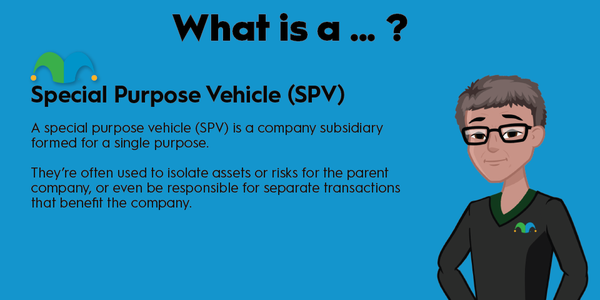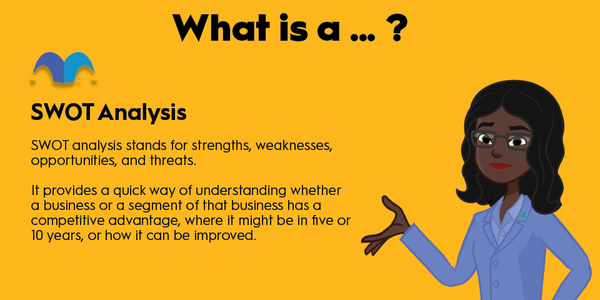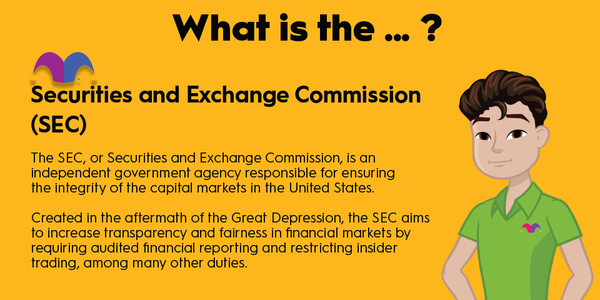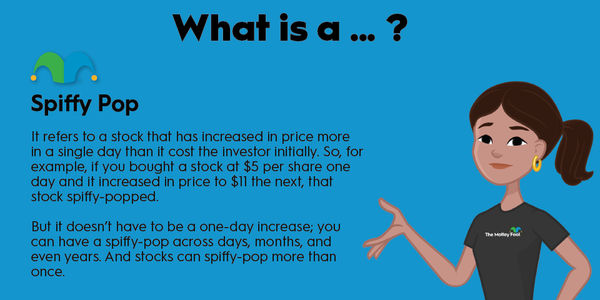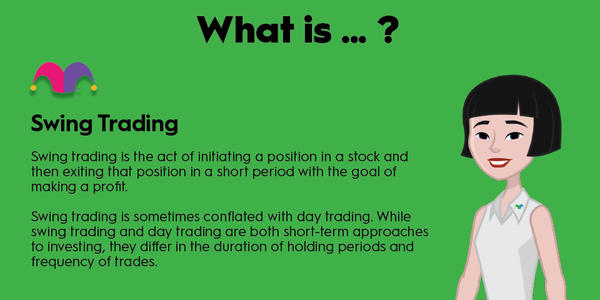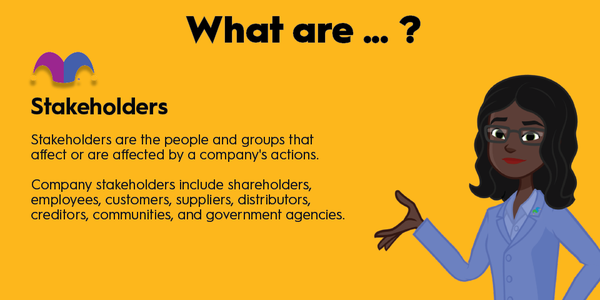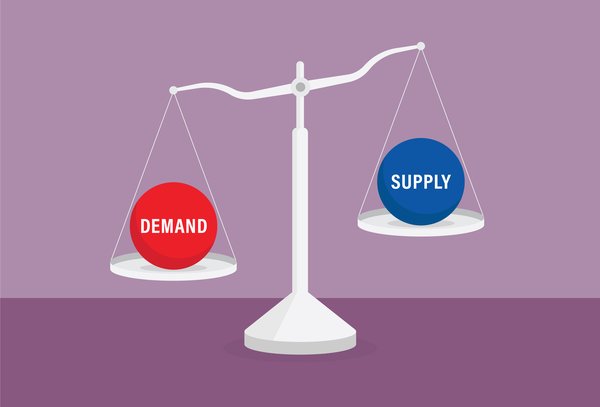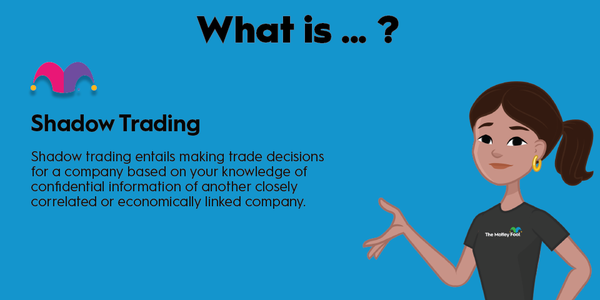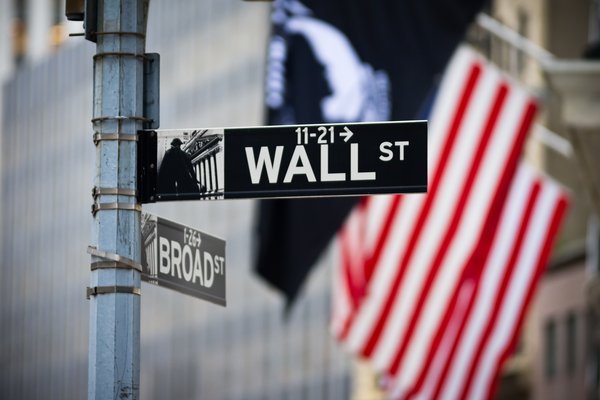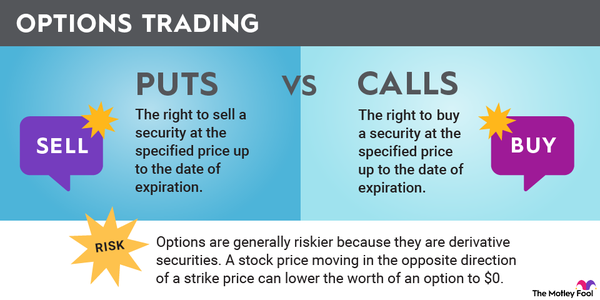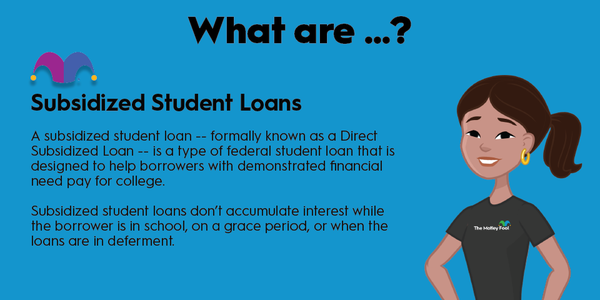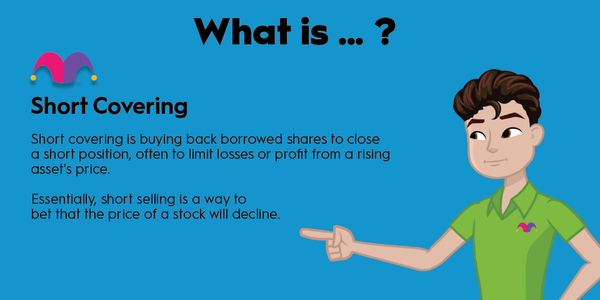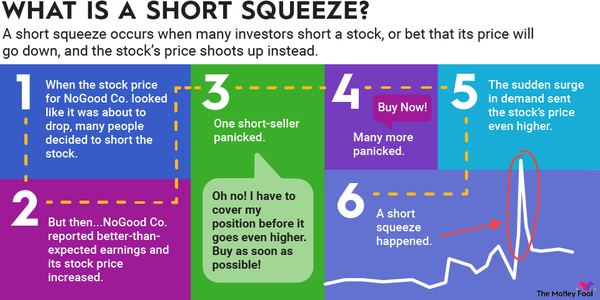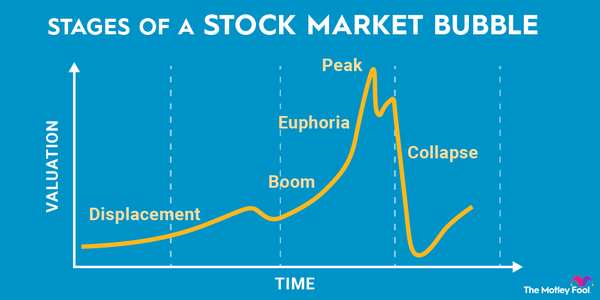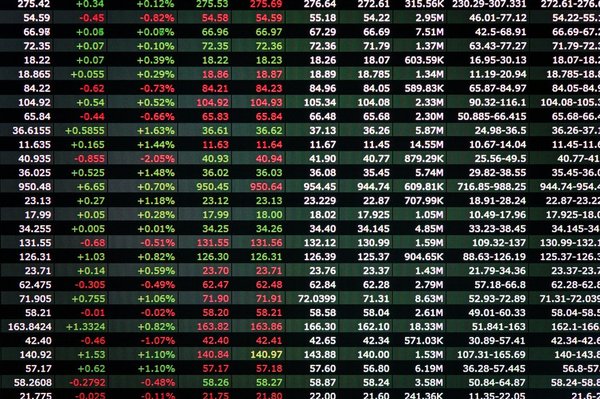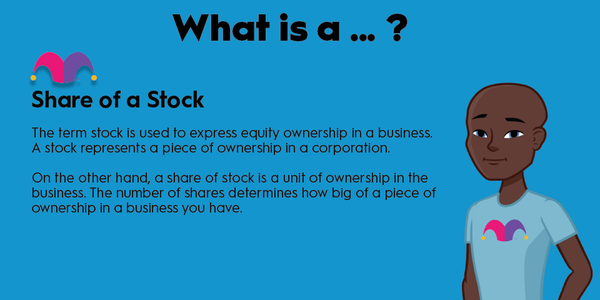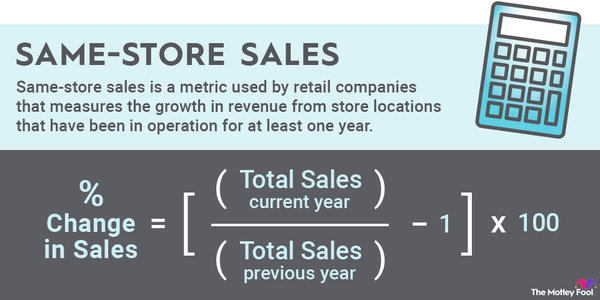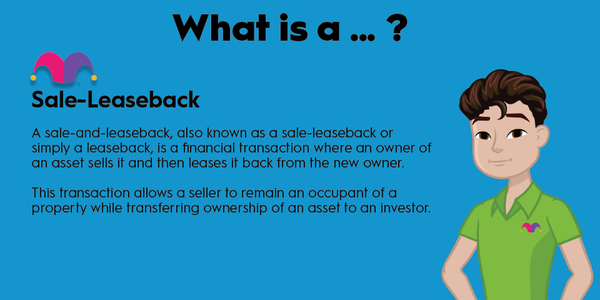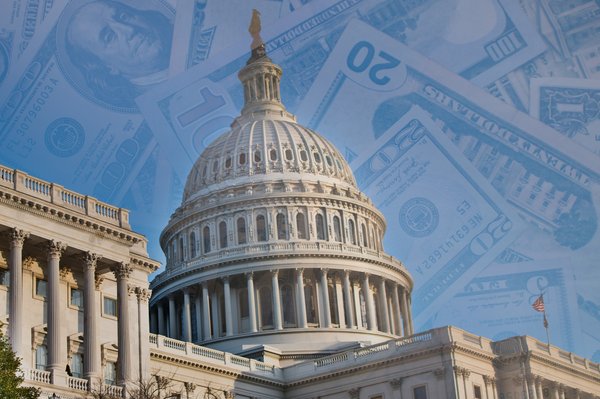A handful of accounting scandals in the early 1990s sparked the passage of one of the most significant pieces of legislation affecting the financial markets in more than a half-century. The Sarbanes-Oxley Act, also known as SOX, was passed in 2002 to tighten disclosure requirements for U.S. companies.
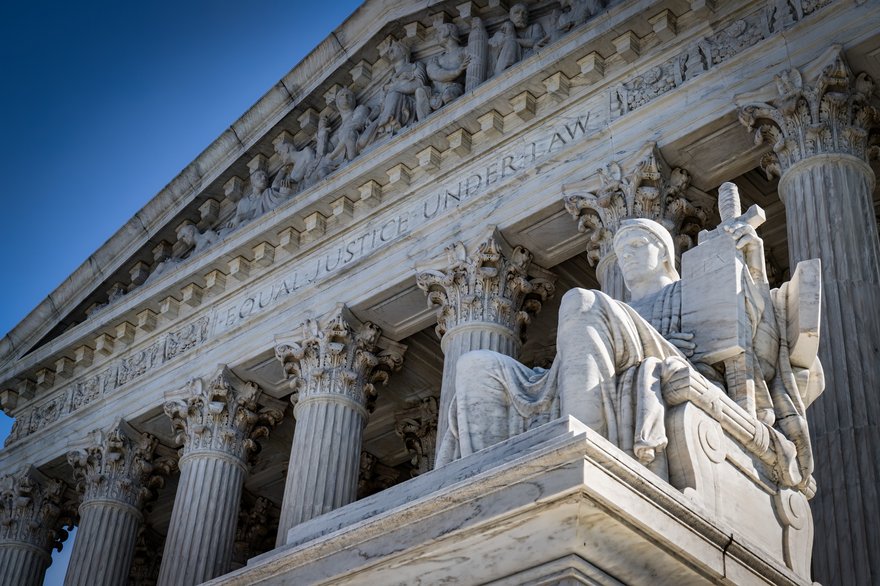
What is it?
What is Sarbanes-Oxley?
Sarbanes-Oxley, named for its legislative sponsors, seeks to ensure that companies provide accurate financial information for its investors. The measure was passed in 2002 after the Enron, Tyco, Adelphia, Peregrine Systems, and WorldCom scandals cost investors billions of dollars.
The law includes 11 sections designed to make sure that investors have accurate information about companies. Although it’s been criticized for burdensome reporting requirements, especially on small to mid-sized businesses, Sarbanes-Oxley also has been given credit for preventing massive fraud from occurring, like the Enron scandal that costs investors at least $11 billion before its 2001 bankruptcy.
Sarbanes-Oxley is unique in that it holds top officials liable for misleading and inaccurate financial reporting. Its “clawback” provision allows the U.S. Securities and Exchange Commission (SEC) to recover bonuses and incentive awards from top officials if a company has to revise its financial statements because of misconduct. The law also provides protection for whistleblowers who report fraud or violations of securities law.
Highlights
Sarbanes-Oxley highlights
The most important parts of SOX include:
- Section 201: Auditors may no longer have separate consulting agreements with companies that they audit.
- Section 302: Requires that financial reports and statements accurately reflect the company’s financial position and don't leave out vital information or made false statements.
- Section 401: Financial statements should include off-balance liabilities and transactions.
- Section 404: Internal controls must be reported and explained. The company should also assess their effectiveness.
- Section 409: Major changes , including acquisitions, divestments and personnel moves should be disclosed.
- Section 802: Company officials who attempt to block an investigation by destroying or concealing information can be sentenced to as much as 20 years in prison. Accountants who help company officials could be given a 10-year prison sentence.
Pros and Cons
Pros and cons of Sarbanes-Oxley
Supporters of the law argue that the financial markets haven’t been shaken as badly by fraud as they were before Sarbanes-Oxley was passed. A 2007 survey by Financial Executives International, a trade organization for corporate leaders, found a majority of companies surveyed agreed that financial reports had become more accurate and reliable since the law took effect.
The law, which passed with overwhelming majorities in the U.S. House of Representatives and Senate, has also won praise from former Federal Reserve Board Chairman Alan Greenspan, who said Sarbanes-Oxley has “reinforced the principle that shareholders own our corporations and that corporate managers should be working on behalf of shareholders.”
Other libertarian-leaning politicians, however, have been less complimentary, arguing that the regulations have caused U.S. firms to flee for foreign stock markets. A Chicago law firm study claimed the regulatory burden on publicly traded companies with annual revenues less than $1 billion soared by $1.6 million in the wake of the law’s passage.
Critics of the law also have noted that financial fraud was illegal before SOX was passed, and that the new requirements would do little to deter any company officials that already intended to defraud their investors.
Liability
Sarbanes-Oxley liability
One of the more important elements of SOX is its ability to hold top company officials responsible for inaccurate disclosures. The SEC charged the former CEO and chairman of Hertz (HTZ 1.92%) in 2020 for filing inaccurate financial statements.
The SEC argued that Mark Frissora allowed the rental car giant to keep its cars for longer periods of times, reducing depreciation expenses, and pressured Hertz employees to make changes that would allow the company to meet its forecasted financial results.
By not disclosing the change or the risks of renting older vehicles to customers, the SEC argued that the company leader violated a key provision of Sarbanes-Oxley. Frissora settled the SEC complaint, paying a $200,000 civil penalty and reimbursing Hertz for almost $2 million in bonuses and other incentive-based compensation.
